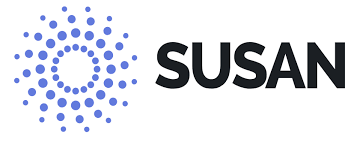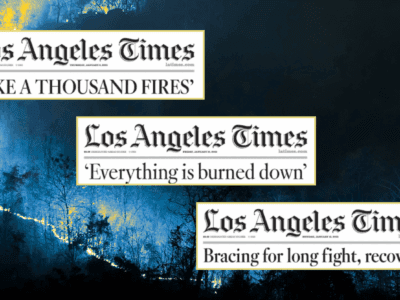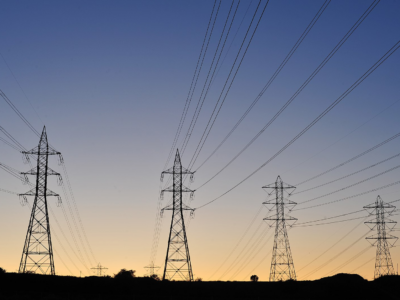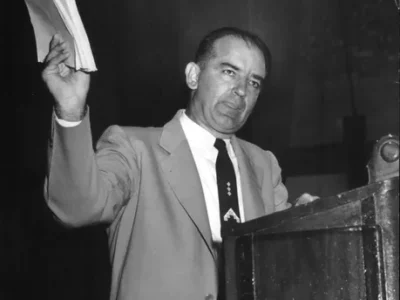Worthwhile Canadian Initiative! Really!
McGill University’s Sustainability Academic Network provides a useful — and potentially crucial — new platform.
 About a week ago I got an email from McGill University’s Juan Serpa, asking me to join a new platform — the Sustainability Academic Network (SUSAN) — that contains literally thousands of datasets, academic papers, conferences, jobs, grants, local events, and institutes all devoted to sustainability.
About a week ago I got an email from McGill University’s Juan Serpa, asking me to join a new platform — the Sustainability Academic Network (SUSAN) — that contains literally thousands of datasets, academic papers, conferences, jobs, grants, local events, and institutes all devoted to sustainability.
Great. Happy to do it (especially since they found me through Legal Planet). But there is something more — and something very important — going on here:
Academics at McGill University in Montreal are providing the U.S. scientific community a platform to protect climate research under attack.
Six months ago, researchers at McGill University’s Desautels Faculty of Management launched the Sustainability Academic Network – SUSANHub.com – a database that centralizes climate research and data.
“We initially created this platform to connect researchers and professionals in sustainable development and climate change,” said Juan Serpa, a professor at the Desautels Faculty of Management, describing the platform as a kind of “LinkedIn” for the field.
But at a time when the administration of United States President Donald Trump is firing climate researchers, banning certain words from scientific articles, cutting funding for environmental research, threatening to withdraw financial support from universities and deleting scientific reports from government websites, the McGill platform has taken on a different significance.
“The goal is to protect scientific data against threats from the U.S. government,” Mr. Serpa said.
The platform has been logging 39,000 weekly visits from academics and researchers. Scientific data that is on the chopping block south of the border is downloaded and uploaded to the platform.
Scientific data on wildfires, protecting forests from insects and diseases, the impact of climate change on agriculture, flood risks, ocean plastic pollution and the industries that emit the most greenhouse gases are just a few examples of data that can be accessed on SUSANHub.com and that would otherwise be at risk of being lost.
It seems something like an Encyclopedia Galactica for the planet. Those encyclopedists found themselves pre-empted, but only after several hundred years — and of course it was still cited afterwards.
It isn’t clear to me that there are not similar efforts already going forward — and if they are in the United States they might want to keep things on the down low for the time being. But having a broad network of scholars with access to this data is very important.

I think it needs to go further, though. One huge impetus for Project 2025 is to smash the federal government’s capacity for recovery after Donald Trump leaves office — if he ever does before his death. And it is doing that by firing thousands of the most experienced federal employees who carry institutional memory.
It seems to me that there should be some vehicle to ensure not only that all these folks can stay in touch with each other, but also to link them to any future employees as reality-based administrations seek to slowly reconstruct the ability of the United States to govern itself. SUSAN seems like the kind of platform that might be able to do that — very especially because it is based outside of the United States.

I have little doubt that some federal agencies might already be doing this: Donald Trump stated in his 2016 campaign that he wanted to destroy EPA, and Project 2025 was not shy about its plans. But many undoubtedly are not. I spoke to a representative of an agency a couple of months ago who told me that her bureau “has strong bipartisan support” so she expected they would be okay. The next month she reported that “the entire program is in chaos” due to the appointment of a MAGA henchman as the new taskmaster.
Just as importantly, SUSAN has staff that can respond to queries, connect people to each other, and engage in projects for people to prepare for rebuilding. Everyone knows that there is a big difference between a list-serve and a managed organization that can develop connections.
This really is one crucial task for environmental scholars and practitioners: preparing to rebuild crucial institutions once we get out of this nightmare. SUSAN might be a key piece of the puzzle. We have been learning a lot over recent years about how democracies die: we should start thinking about how they can revive.







Reader Comments